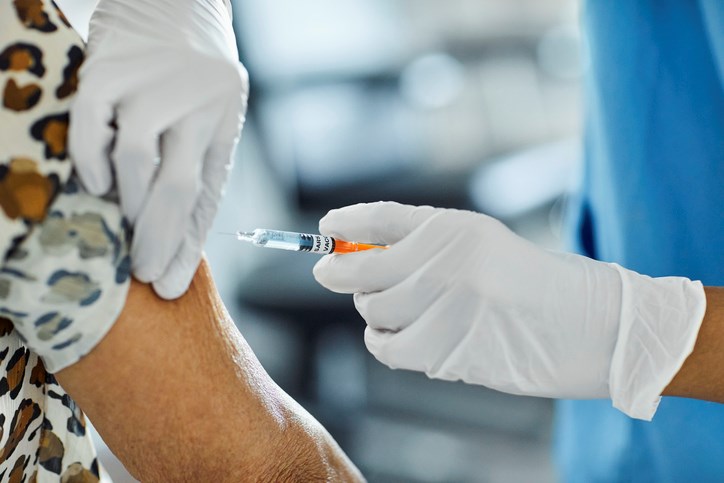BIG RIVER FIRST NATION - Big River First Nation is requiring its roughly 300 employees to be vaccinated.
"The biggest reason we're trying to do this is our school has hardly been open for the last two years," band CEO Derek Klein said. "We've only been open probably 50 or 60 days. Most of the kids aren't getting educated because of COVID-19."
Workers must have their first shot by the end of the month, followed by a second in September, or they'll risk losing their jobs, Klein said.
The First Nation is following in the steps of other large Saskatchewan organizations, like Saskatchewan Polytech, the University of Saskatchewan and the University of Regina.
Health Minister Paul Merriman has said there are no plans to introduce new public health measures as the province enters a fourth wave of COVID-19.
This week, Merriman connected online misinformation to low vaccine uptake, saying a vaccine mandate for provincial employees would be an infringement of personal rights.
In a statement, Northern Inter-Tribal Health Authority Medical Health Officer Dr. Nnamdi Ndubuka recommended mandatory vaccination for essential personnel working with vulnerable populations including in long-term care facilities, personal care homes, and daycares.
First Nations' leadership teams are currently discussing options for their communities, but NITHA will "support any decision by chief and council along these lines," he said.
Big River First Nation's decision comes as only about 20 per cent of roughly 3,000 band members living on reserve are fully vaccinated, Klein said.
About 800 students go to school on the First Nation, but less than half of its teaching staff are vaccinated. Roughly 20 per cent of the First Nation's daycare staff, who serve about 30 children, are vaccinated, he said.
The requirement is a necessary move for the First Nation as it faces down a fourth wave of COVID-19 that has added 13 more local cases in the last two days, Klein said.
To spur vaccination, the First Nation has offered a vaccine clinic five days a week, mounted an education campaign and introduced pop-up clinics. While opposition to the vaccine has persisted, getting the jab is a matter of public safety for vulnerable community members, Klein said.
"We just had to draw a line in the sand here. We just had to (do so) because no one was taking us seriously all this summer."




